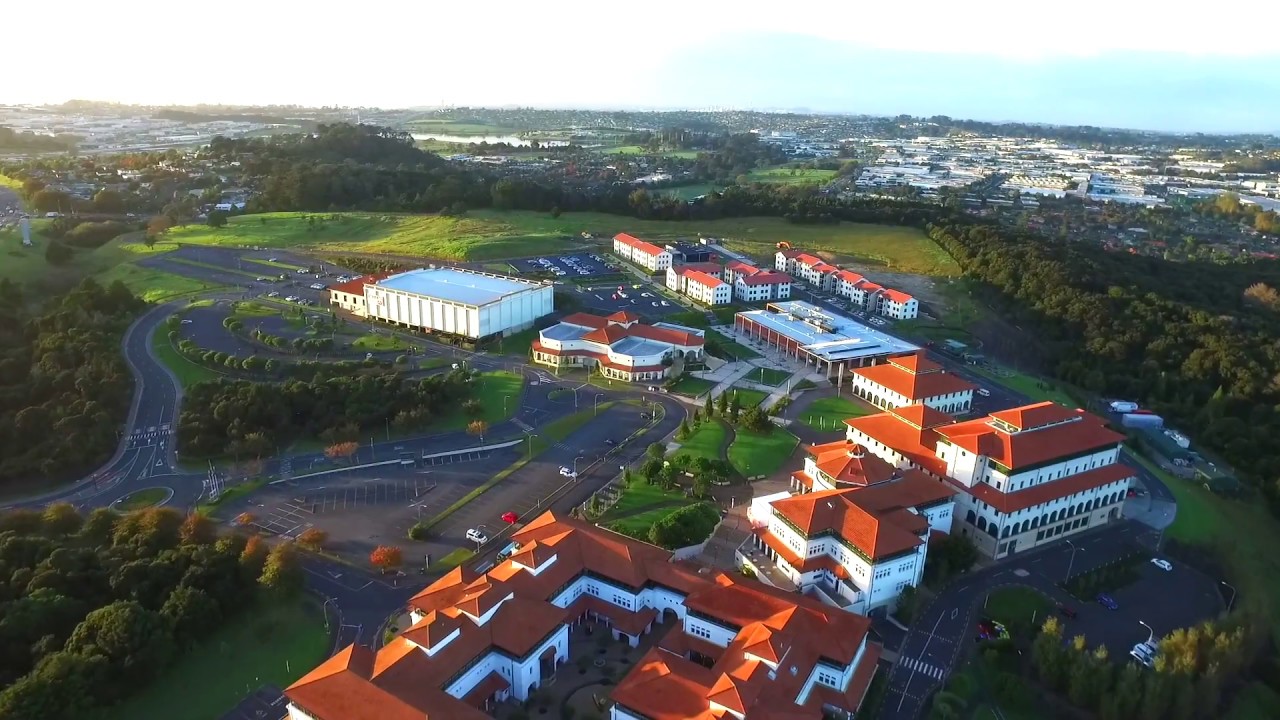Master of Veterinary Studies (Epidemiology)
Join the only veterinary epidemiology speciality programme in Australasia, taught by staff from the only OIE (World Organisation for Animal Health) Collaborating Centre for Epidemiology and Public Health at the only OIE collaborating Centre in Asia Pacific.
Massey’s Master of Veterinary Studies (MVS) is an internationally recognised degree, most suitable for those who would like to undertake a combination of taught courses and a research project. There are a wide range of taught courses for you to choose from, depending on your area of interest and the endorsement that you choose.
Epidemiology is the science concerned with study patterns of health and disease in different populations, or groups.
In-depth analysis skills
With the Master of Veterinary Studies (Epidemiology) you’ll be able to work at a high level in the field. You’ll gain skills in study design and advanced skills in analysis of epidemiologic data.
You’ll learn how to critically evaluate the literature to make evidence-based decisions. The programme will teach you how to design surveillance systems and population studies in order to determine magnitude of health problems. You’ll be able to identify risk factors and evaluate interventions.
Real-world learning
This programme has an emphasis on developing quantitative skills through case studies. You’ll work with data collected during real epidemiological studies. This will help you learn how to interpret results in the light of bias, confounding, effect modification and model error.
Gain from our world-leading expertise
Massey University hosts the EpiCentre - the largest veterinary epidemiology training and research centre in Australasia. It is widely considered to be one of the leading groups in the world.
The EpiCentre is an OIE (World Organisation for Animal Health) Collaborating Centre for Epidemiology and Public Health. It is the only such centre in the Asia-Pacific region.
The centre conducts active research in the areas of geographical information systems (GIS), expert systems, multivariate analysis and simulation modelling. It’s active in field work with humans, production animals, companion animals and wildlife in New Zealand, and provides consultancy services and training courses in epidemiology throughout the world.
Wide range of facilities
Massey University hosts the only veterinary school in New Zealand. Its well-equipped facilities include the Wildbase wildlife hospital, an equine hospital, 24-hour pet hospital and sheep, beef, dairy and deer farms, all located near campus.
Our courses are led by internationally recognised lecturers and have a reputation for their use of real-life case studies and high staff to student ratios. Our staff cover a wide range of veterinary disciplines and collaborate on research projects with other related disciplines including animal production, physiology and nutrition.
Campus Information
Manawatu campus
The Manawatu campus is Massey's original campus. With lovely heritage buildings and park-like grounds located near Palmerston North city, it is one of the best places in the country to experience the real student lifestyle. With a huge portion of the population under 25 it is the perfect place for learning and living. The large campus is beautiful year-round with 11,500 different varieties of plants and trees in the form of manicured gardens, green fields, woodlands and bush.
Intakes
- Feb
Application Processing Time in Days: 30
Minimum English Language Requirements
| English Level Description | IELTS (1.0 -9.0) | TOEFL IBT (0-120) | TOEFL CBT (0-300) | PTE (10-90) | |
|---|---|---|---|---|---|
| Expert | 9 | 120 | 297-300 | 86-90 | |
| Very Good | 8.5 | 115-119 | 280-293 | 83-86 | |
| Very Good | 8 | 110-114 | 270-280 | 79-83 | |
| Good | 7.5 | 102-109 | 253-267 | 73-79 | |
| Good | 7 | 94-101 | 240-253 | 65-73 | |
| Competent | 6.5 | 79-93 | 213-233 | 58-65 | |
| Competent | 6 | 60-78 | 170-210 | 50-58 | |
| Modest | 5.5 | 46-59 | 133-210 | 43-50 | |
| Modest | 5 | 35-45 | 107-133 | 36-43 | |
| Limited | 4 | 32-34 | 97-103 | 30-36 | |
| Extremely Limited | < 4 | < 31 | < 93 | < 30 |
Job Opportunity Potential
Graduates of the Master of Veterinary Studies (Epidemiology) have gone on to become world leaders in veterinary epidemiology and veterinary public health.
Examples of careers that our graduates have taken up include:
- research and development managers for pharmaceutical companies
- policy advisors for government agencies
- working on the ground during disease outbreaks such as foot-and-mouth disease and highly pathogenic avian influenza.
Earn more
A 2017 Ministry of Education publication, The post-study earnings and destinations of young domestic graduates, found that in New Zealand:
- young master’s graduates earn more than one and a half times more than the national median (five years after study)
- earnings and employment rates increase with the level of qualification completed
- five years after completion, the median earnings of young master’s graduates are 15% higher than for those with a bachelor’s degree.
PSW Opportunity
- During study, all students on a student visa can work up to 20 hours per week during semester and full time during vacations.
- After completing Level 7 Bachelor’s Degree or Higher Qualification, a student will get a three years open post-study work visa.
- After completing Level 8 Post Graduate courses of 1 year, students get 1 year PSW.
Admission Requirement / Eligibility Criteria
Postgraduate academic entrance requirements
Masters, postgraduate diplomas and postgraduate certificates An appropriate undergraduate degree from a recognised tertiary institution is required
- IELTS- 6.5 (no band less than 6.0)
- TOEFL iBT- 90 overall (min 20 in Writing)
- PTE Academic- 58 Overall (min 50 in communicative skills)
- Course Type: Full Time
- Course Level: Masters/PG Degree
- Duration: 01 Year 06 Month
-
Total Tuition Fee:
71415 NZD
Annual Cost of Living: 20000 NZD
Application Fee: N/A
Similar Programs
- Master of Management (Sustainability) at Massey University
- Master of Information Sciences (Computer Science) at Massey University
- Master of Veterinary Medicine at Massey University
- Master of Veterinary Medicine (Production Animal) at Massey University
- Master of Veterinary Medicine (Companion Animal Surgery) at Massey University
- Master of Veterinary Medicine (Companion Animal) at Massey University

